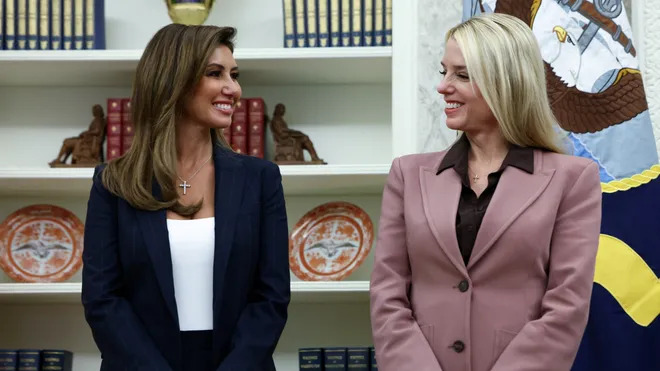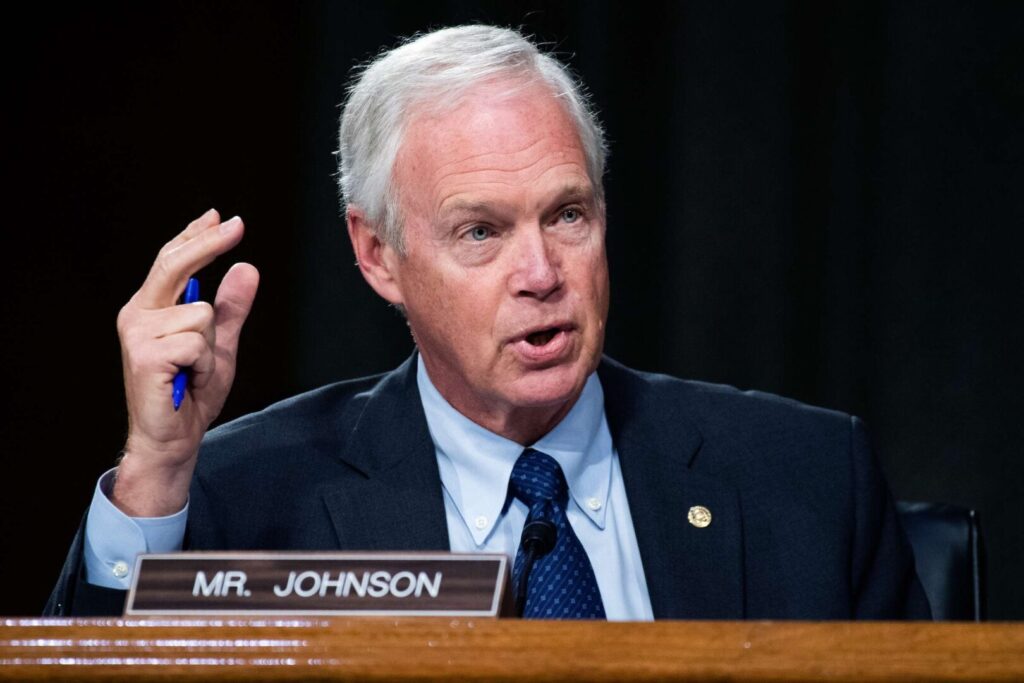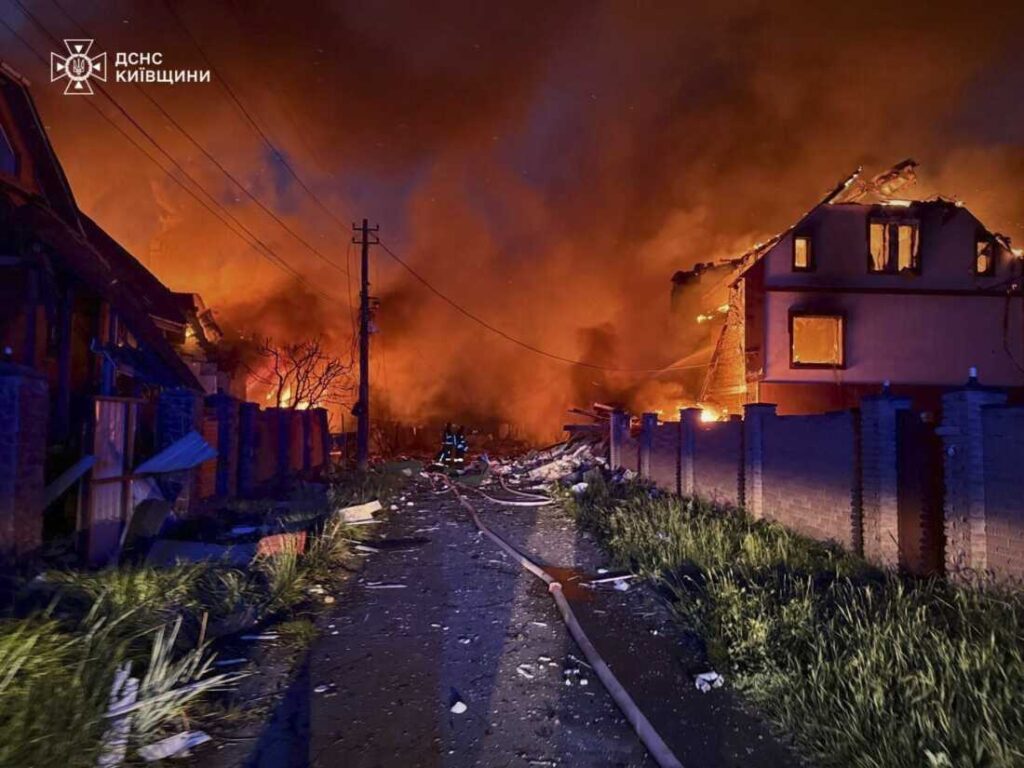The U.S. Justice Department lashed out at a panel of federal judges in New Jersey on Tuesday, accusing them of acting on political motives after they declined to extend Alina Habba’s tenure as the state’s top federal prosecutor beyond her 120-day interim term.
The judges instead appointed Desiree Grace, the deputy U.S. attorney in New Jersey, to fill the role. But within hours, Attorney General Pam Bondi announced that Grace had been removed from the post by the Trump administration.
“This Department of Justice does not tolerate rogue judges , especially when they threaten the President’s core Article II powers,” Bondi wrote on X, referencing President Donald Trump’s constitutional authority to oversee the executive branch.
Federal law permits a district court to name a U.S. attorney if the president’s appointee is not confirmed by the Senate within 120 days. Habba, a former Trump personal lawyer, had been serving as interim U.S. attorney for New Jersey since March. Her nomination was formally submitted by Trump earlier this month but remains pending before the Senate.
Democrats Slam Removal of Grace
The decision to fire Grace was met with immediate criticism from Democratic lawmakers.
“The firing of a career public servant, lawfully appointed by the court, is another blatant attempt to intimidate anyone that doesn’t agree with them and undermine judicial independence,” said Sens. Cory Booker and Andy Kim of New Jersey in a joint statement.
Grace, a longtime federal prosecutor, was elevated by the district court following Habba’s interim term expiration. Under federal law, once a presidential nominee is submitted, the administration is barred from appointing that same person to serve in an acting capacity, meaning Habba cannot legally be reinstalled unless the Senate confirms her.
Controversial Tenure Marked by Political Prosecutions
Habba’s short stint as New Jersey’s top federal prosecutor has been mired in controversy. During her four months in office, her team filed charges against Rep. LaMonica McIver, D-N.J., and Newark Mayor Ras Baraka, stemming from a May visit to an immigration detention facility. The visit turned chaotic when federal agents attempted to arrest Baraka for trespassing, and McIver allegedly made contact with an officer.
Habba’s office charged McIver with two counts of assaulting and impeding a law enforcement officer. She has pleaded not guilty.
The prosecution drew scrutiny from within the Justice Department. According to officials, Habba’s office bypassed internal DOJ protocols that require coordination with the Public Integrity Section before charging members of Congress for conduct linked to their official duties.
The case against Baraka was eventually dropped, and a federal magistrate judge publicly criticized Habba’s team for its handling of the arrest and prosecution, calling it improper.
Until her appointment in March, Habba had no prosecutorial experience. She previously served as Trump’s legal counsel in several civil cases, including the defamation suit filed by E. Jean Carroll, in which Trump was found liable by a jury. She also played a key role in a lawsuit against Hillary Clinton and others that a federal judge later dismissed as frivolous, ordering Trump and Habba to pay $1 million in sanctions.
DOJ Can’t Repeat Sarcone Strategy
A similar situation unfolded last week in New York, where the U.S. District Court declined to extend John Sarcone’s term as interim U.S. attorney. The Justice Department retained Sarcone by naming him “special attorney to the attorney general”, a workaround allowed under federal law.
However, that loophole is not available in Habba’s case, since Trump has already formally nominated her. Federal statute prohibits appointing a nominee to serve in an acting capacity while their confirmation is pending.
Blanche: “This Was Never About Law”
Deputy Attorney General Todd Blanche, also a former Trump attorney, accused the New Jersey court of forcing out Habba for political reasons.
“The district judges in NJ just proved this was never about law — it was about politics,” Blanche wrote on social media. “This backroom vote will not override the authority of the Chief Executive.”
As Habba’s formal nomination remains in limbo, and Grace’s removal throws the office into uncertainty, the battle over New Jersey’s top federal law enforcement post is shaping up to be a flashpoint in the broader struggle over judicial independence and executive power under Trump’s second term.



